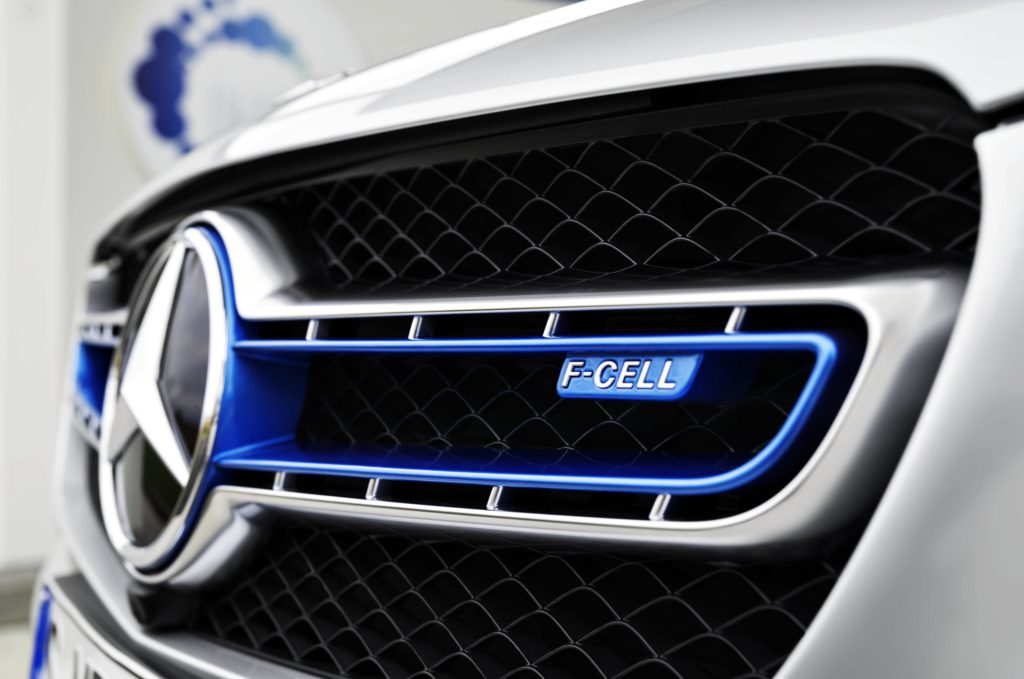Daimler to offer diagnostic access to third-party providers
17 December 2018

17 December 2018
German vehicle manufacturer Daimler has announced that its connected vehicles will allow third-party diagnostic functions for the first time.
Carmakers are increasingly making use of connected vehicle services to stay in touch with their customers and help them with any issues, conduct over-the-air updates and even to sell products and services to them.
As of December 2018, on customer request, access to vehicle fault codes are available to independent third-party providers in line with European type approval regulations.
In this case, Daimler will make all fault codes from the installed control units available to third-party providers for the use case “Remote Diagnostic Support” (RDS). This means that they can produce a remote diagnosis for networked Mercedes-Benz vehicles.
In a statement, the company says: ′The consent of the Mercedes-Benz customer to purpose-defined data access by an independent third-party provider is mandatory, and is given via the respective portals, e.g. Mercedes me for digital passenger car services or Mercedes Pro for digital van services. Only those data are transferred that are necessary for remote diagnostics and are to be made available on the express wish of the customer. Mercedes-Benz customers can withdraw their consent to data transmission at any time in the respective portals. Customers therefore always have transparency about which third-party provider has consent for access to specific vehicle data, and can change their mind at any time.
′These data products from Mercedes-Benz Data are in principle available to any third-party provider wishing to offer services based on vehicle-generated data. This ensures fair competition between all market participants concerning services. At the same time, it makes new business models and innovations possible for customers. With this new package, Mercedes-Benz customers always have decision-making power and transparency about which third-party provider they grant access to their vehicle data, and for what purpose. They are always able to control access to and use of their data by consenting to access by third parties or withdrawing consent at any time.’
Independent vehicle services have been concerned over the closing off of a vehicle’s OBD II port and the introduction of ′over the air’ diagnostics to see what faults may be afflicting a vehicle. Manufacturers can see any issues in real time and alert drivers, while also ensuring that the aftermarket may struggle to get information from a vehicle.
The data products from Mercedes-Benz Data are made available in stages via a standardised interface. In the first stage users of the Mercedes-Benz, data interface obtain data from Daimler. Neutral servers are operated by independent companies which have a contractual agreement with a subsidiary of Daimler AG offering digital services.